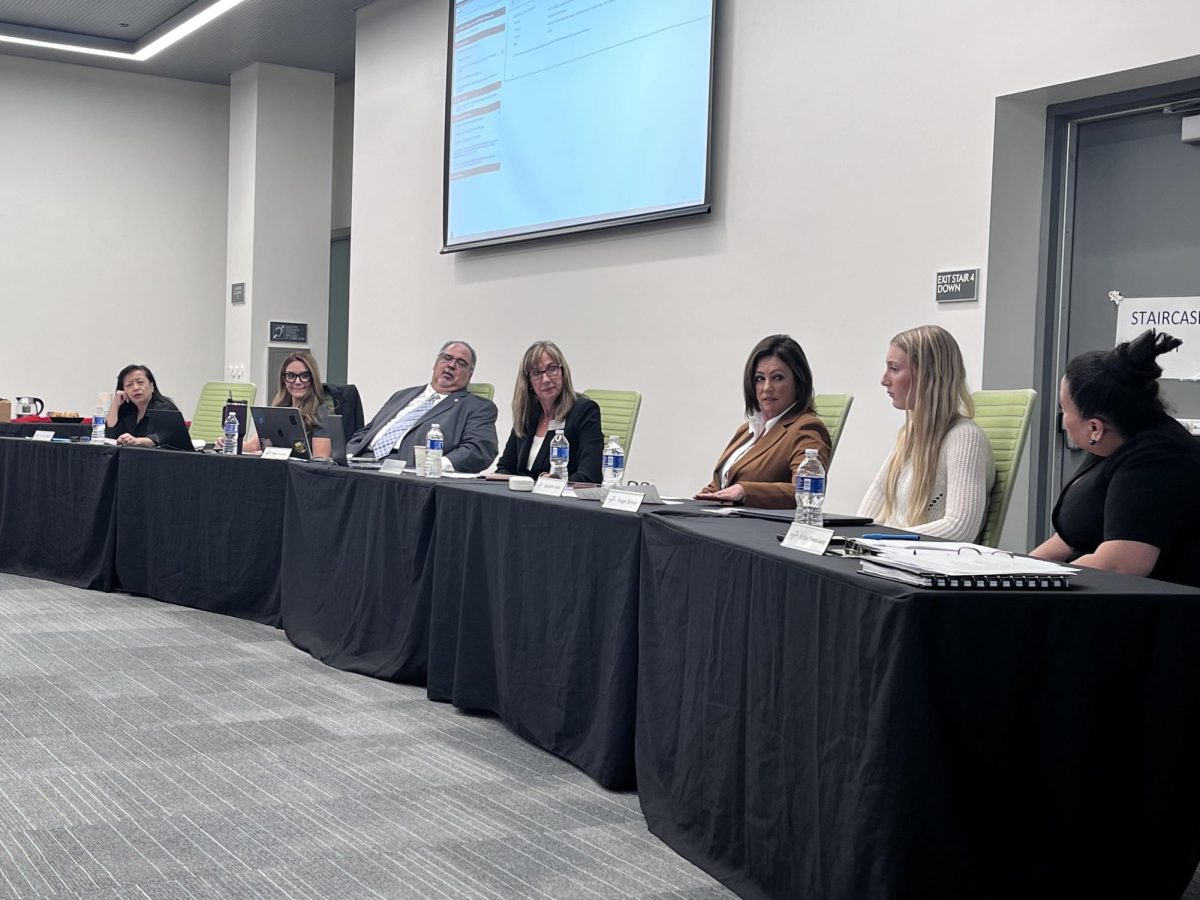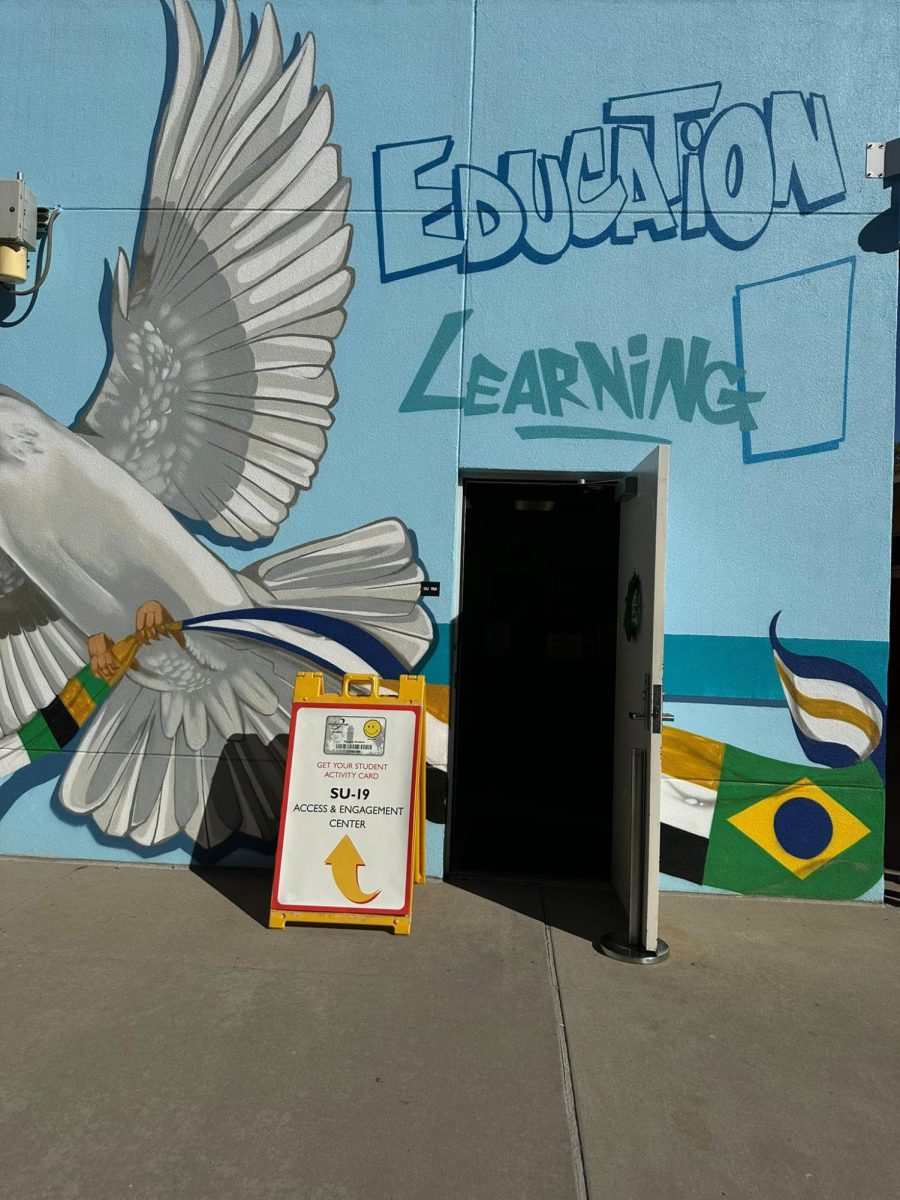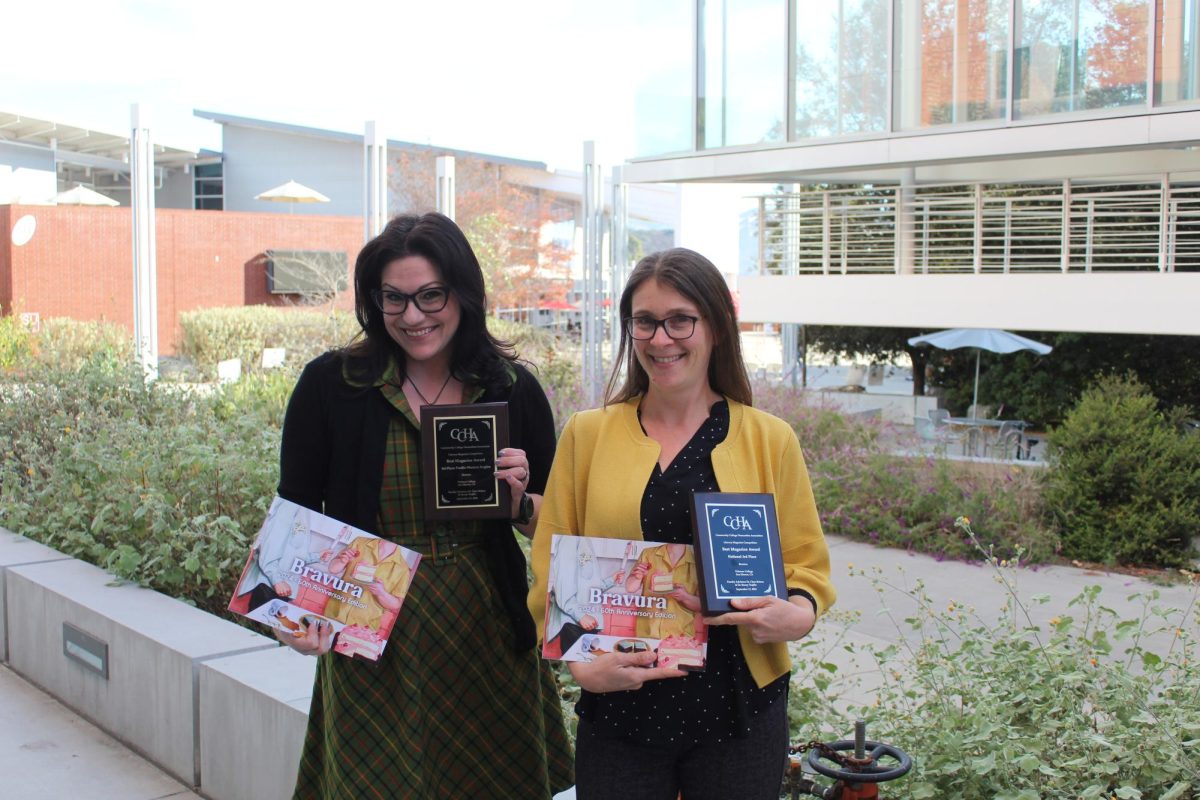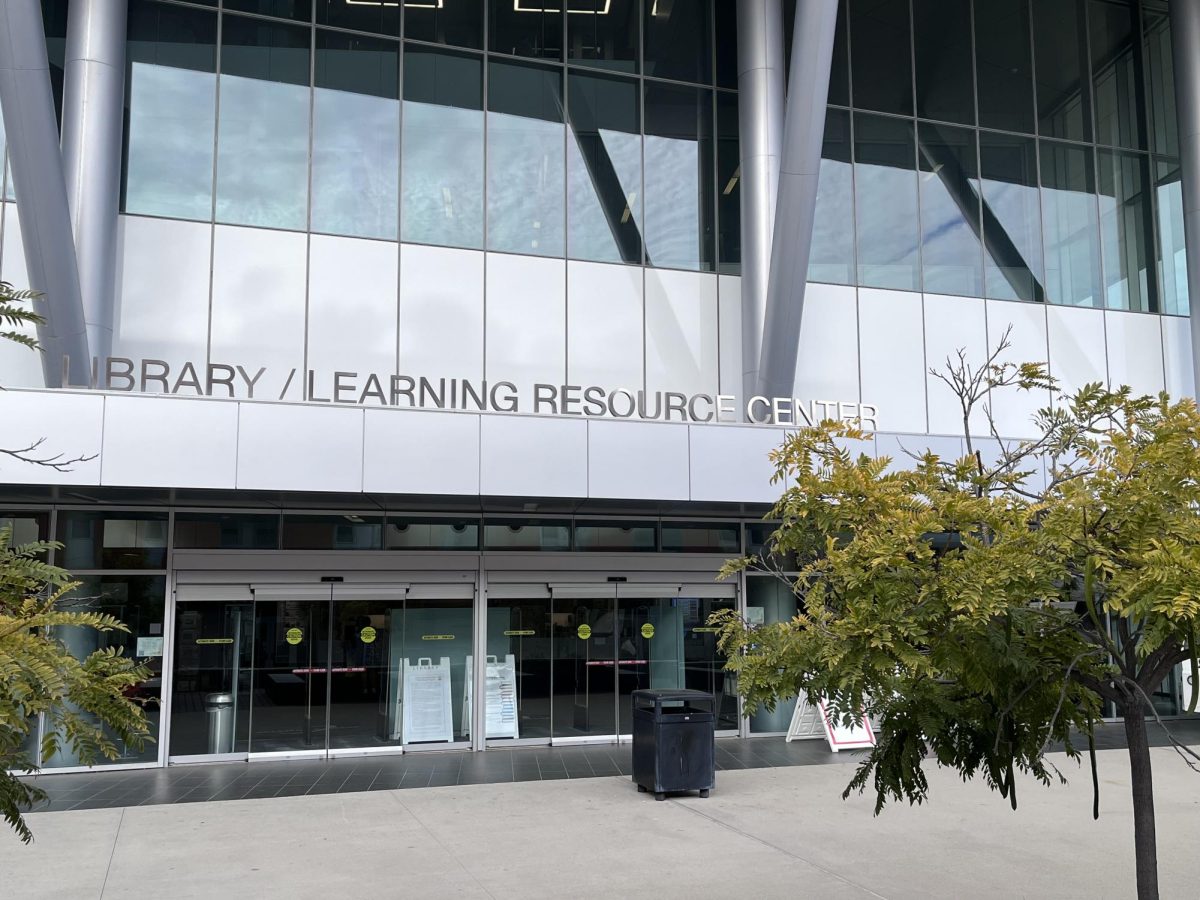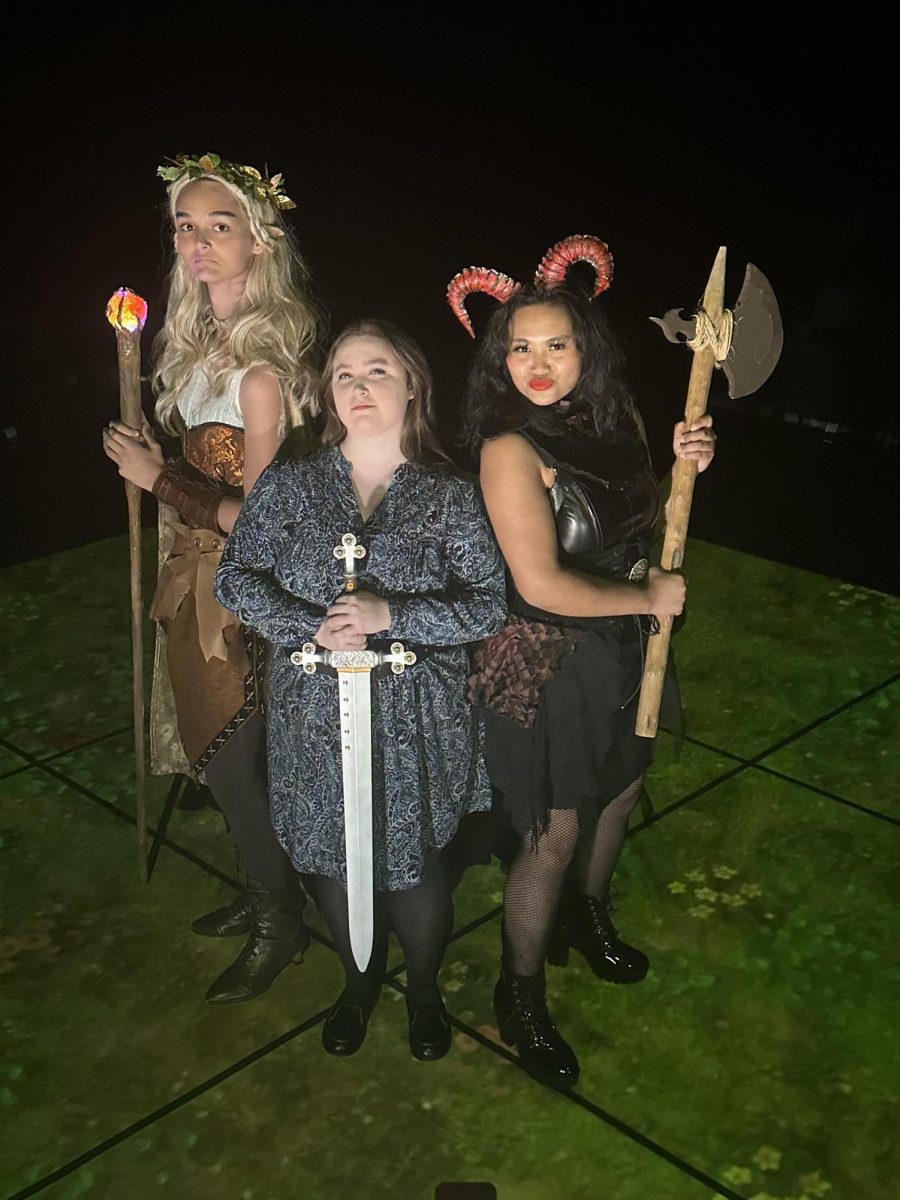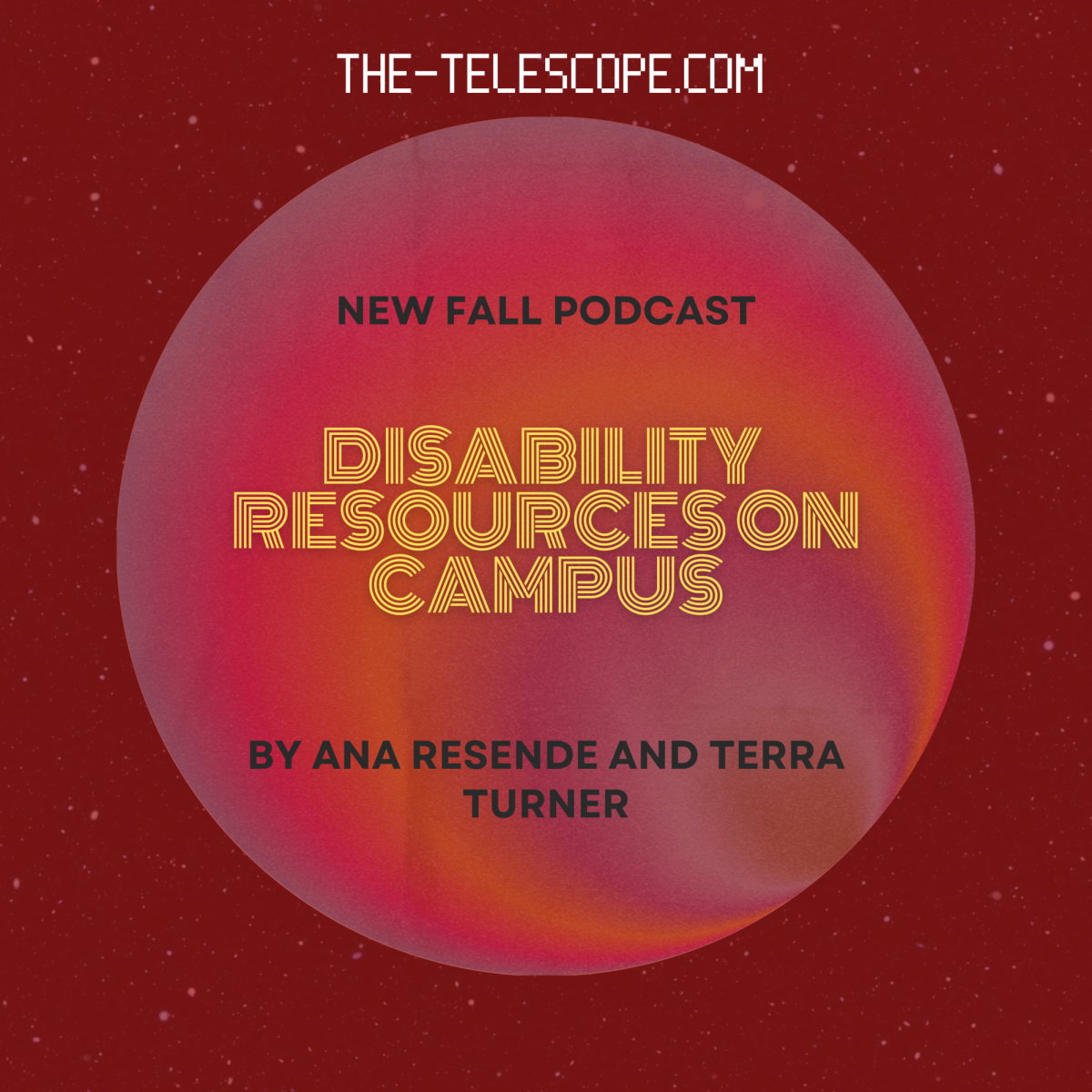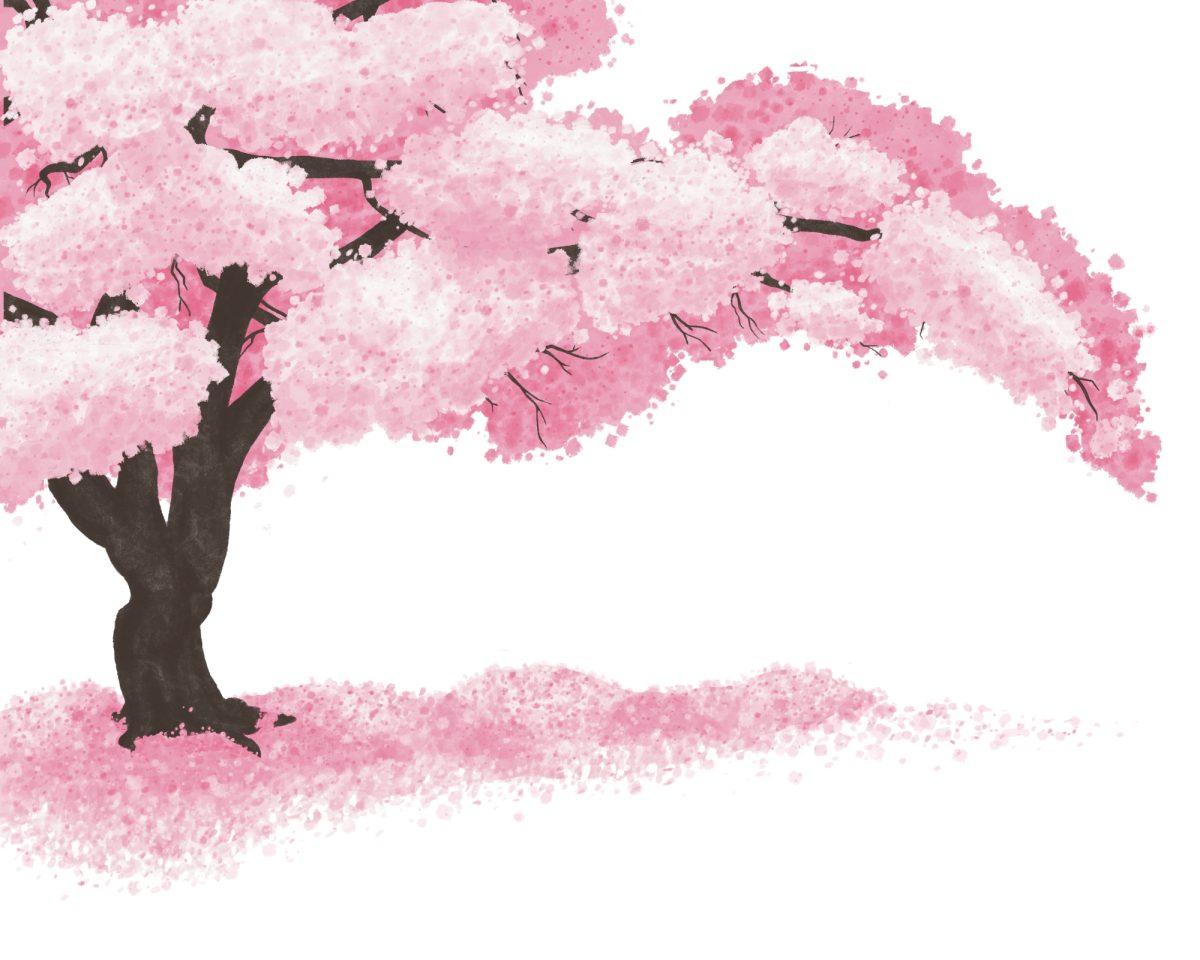Some of the simplest lessons are best learned by life experience.
Over the years, John Allcock wrote emails to his kids, detailing simple life lessons that he’d learned, and was now passing on. Some of these emails were forwarded on to others, and this was how the book ’40 Things I Wish I Told My Kids’ got started.
Allcock has been studying mindfulness for nearly 15 years. He also co-founded Sea Change Preparatory School in Del Mar with his wife, Cheryl Allcock, and over the years their vision of providing a “rigorous, relevant, mindful education which transforms and empowers its students” is a method they have sought to bring forth daily, within the school and outside of it.
Allcock graduated with honors from both Boston College and Harvard Law School, as stated in his book, but this he feels is not what qualifies him to write it—but his life experience, and his dedication to mindfulness—“it allows the student to realize that fear and doubt are not real—only figments of their imagination—and to free themselves of it,” Allcock stated in a press release, adding that being mindful of these thoughts and other negative connotations can be the first step in overcoming obstacles we put in place for ourselves.
Many of the life lessons covered in the book include defining happiness, controlling what thoughts we allow ourselves to think, positive or negative, simple truths such as not being worried over things we can’t control, and understanding that life does not always work in our best interest, but it’s our mindset that can out win them all.
“Those of us who grew up in the United States (or the West in general) have been taught for generations that you need to change the externals of the world in order to achieve happiness and success,” Allcock stated in a Q and A, adding that this is a result of culture, and many of us either learn these concepts later in life, or in fact too late or not at all.
Condensing these fundamental ideals in one book allows for individuals, young or old, to understand and relate to these concepts, perhaps even changing the habits they would like to be rid of.
“Mindfulness allows us to recognize those thoughts (or core beliefs) which are unrealistically negative, investigate them to discern their accuracy, and then replace them with more accurate (or positive) beliefs and intentions, which allow us to live a happier, fuller, and more meaningful (and productive) life,” Allcock said.
Allcock’s book was released in March, and is available at all major bookstores, including online.
Allcock wrote the book at a time in his life that was particularly challenging, but he admits it’s not his credentials that allow him to write this book, but his own failures in life. “Anyone who has never failed big time has no business writing a book about successful living,” Allcock writes in the opening pages of the book, adding, “This book is about the things I learned from great teachers, living and dead, whose guidance inspired and informed this book. The crucible of great challenges, combined with wise teachings, turned me in the right direction.”

